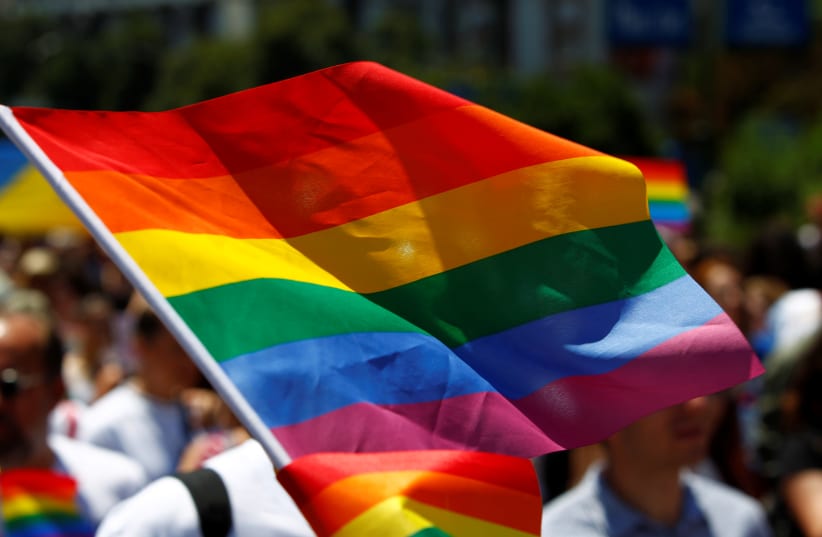Israel's Supreme Court ruled in February that excluding gay couples from surrogacy was unconstitutional, giving the government a year to amend a 2018 law that brought tens of thousands of LGBT+ people and their supporters onto the streets.
On Tuesday the ruling coalition rejected a private member's bill that would have lifted the ban, leading Justice Minister Avi Nissenkorn to promise a law to "ensure equality and right of parenthood to every citizen" would be introduced in 2020.
LGBT+ advocates said they were disappointed, particularly after the Blue and White Party, which is in coalition with the Likud Party of Prime Minister Benjamin Netanyahu, had promised to support surrogacy for gay couples.
"It's very hard to trust them, because we've been disappointed by them so many times in the past," Julien Bahloul, the spokesman for the Association of Israeli Gay Fathers, told the Thomson Reuters Foundation by phone.
Israel is one of the most liberal countries for LGBT+ rights in the Middle East, where most states outlaw gay sex and some impose the death penalty. Same-sex marriages are not illegal, but neither are they recognized.
Israel recognizes same-sex weddings performed abroad and children adopted overseas by, or born to surrogates for, gay parents. Adoption within the country of 9 million is close to impossible for gay couples, according to advocates.The country now has a record high of six openly gay lawmakers, after Yorai Lahav Hertzanu, a member of the opposition, was sworn in last week.
